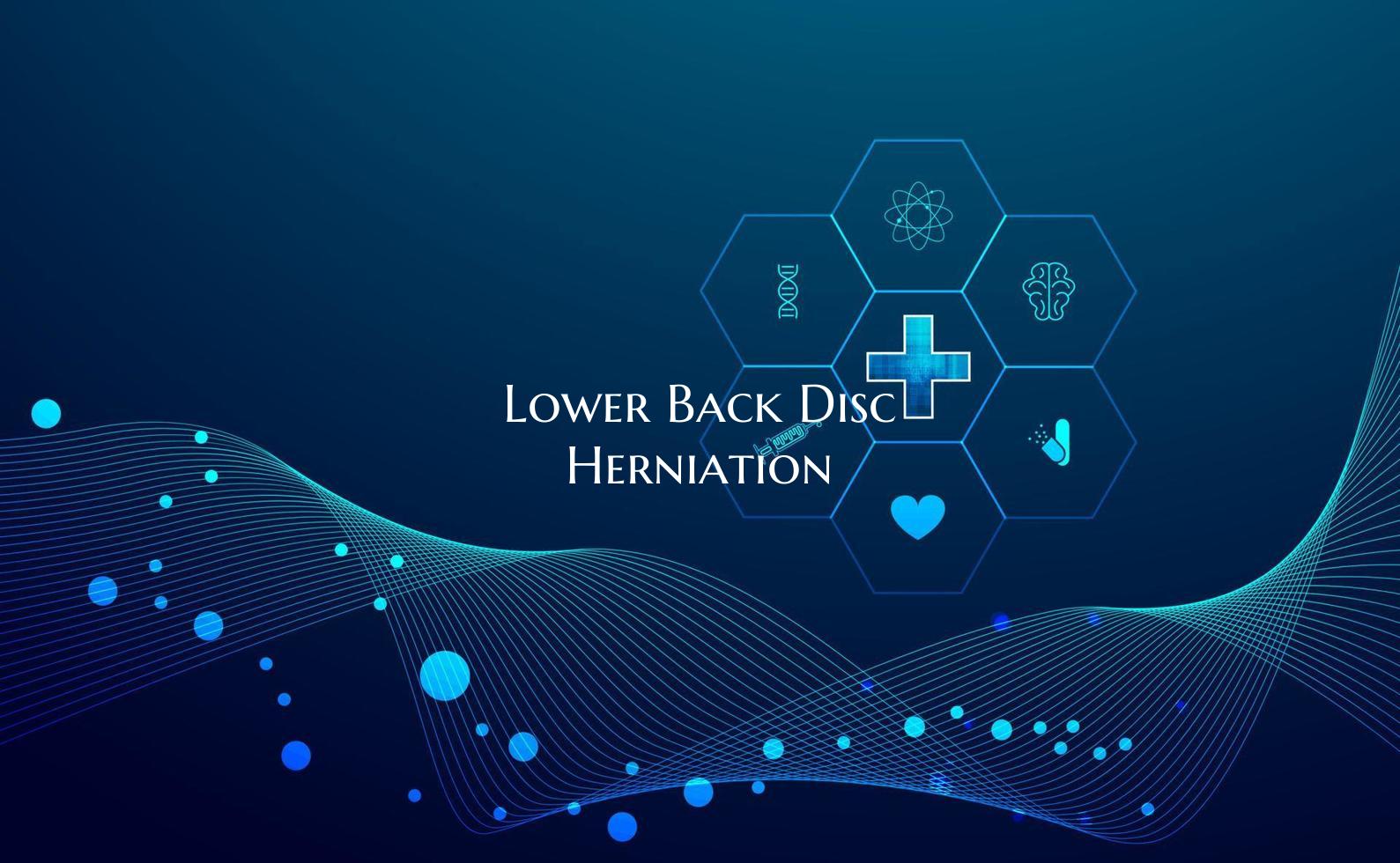
Lower Back Disc Herniation
Disc herniation in the lower back, also known as a herniated disc, is a common spinal condition that can cause significant pain and discomfort. To understand this condition better, it is essential to delve into its causes, symptoms, diagnosis, and treatment options.
### Causes: Lower back disc herniation occurs when the soft inner core of a spinal disc protrudes through the tough outer layer. This can be caused by age-related wear and tear, sudden trauma or injury to the spine, repetitive stress on the spine from activities like heavy lifting or improper posture, and genetic factors that predispose individuals to disc problems.
### Symptoms: The most common symptom of lower back disc herniation is localized pain in the lower back that may radiate into the buttocks, thighs, or even down the legs. Patients may also experience numbness, tingling, or weakness in the affected area. In severe cases, disc herniation can lead to loss of bladder or bowel control, which requires immediate medical attention.
### Diagnosis: Diagnosing lower back disc herniation typically involves a thorough physical examination by a healthcare provider, including a review of symptoms and medical history. Imaging tests such as X-rays, MRI, or CT scans may be recommended to confirm the diagnosis and identify the specific location and severity of the herniation.
### Treatment: Treatment options for lower back disc herniation vary depending on the severity of the condition. Conservative treatments such as rest, physical therapy, and pain management techniques like ice packs or over-the-counter medications may be effective for mild cases. In more severe cases, interventions such as epidural steroid injections or surgical procedures like discectomy or spinal fusion may be necessary to alleviate pain and restore function.
It is crucial for individuals experiencing symptoms of lower back disc herniation to seek medical advice promptly to prevent further complications and to develop a personalized treatment plan tailored to their needs. With proper diagnosis and appropriate management, many individuals can effectively manage the symptoms of lower back disc herniation and regain their quality of life.